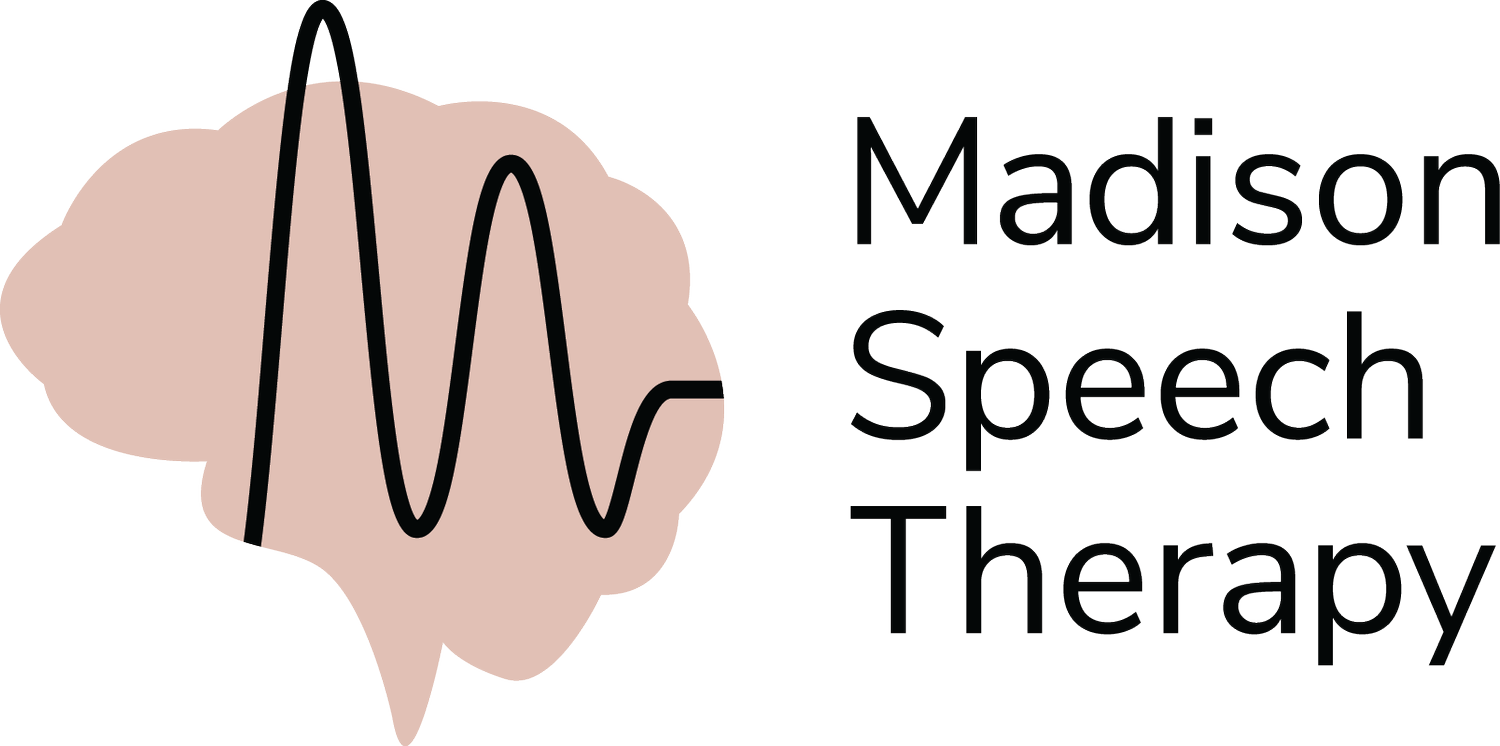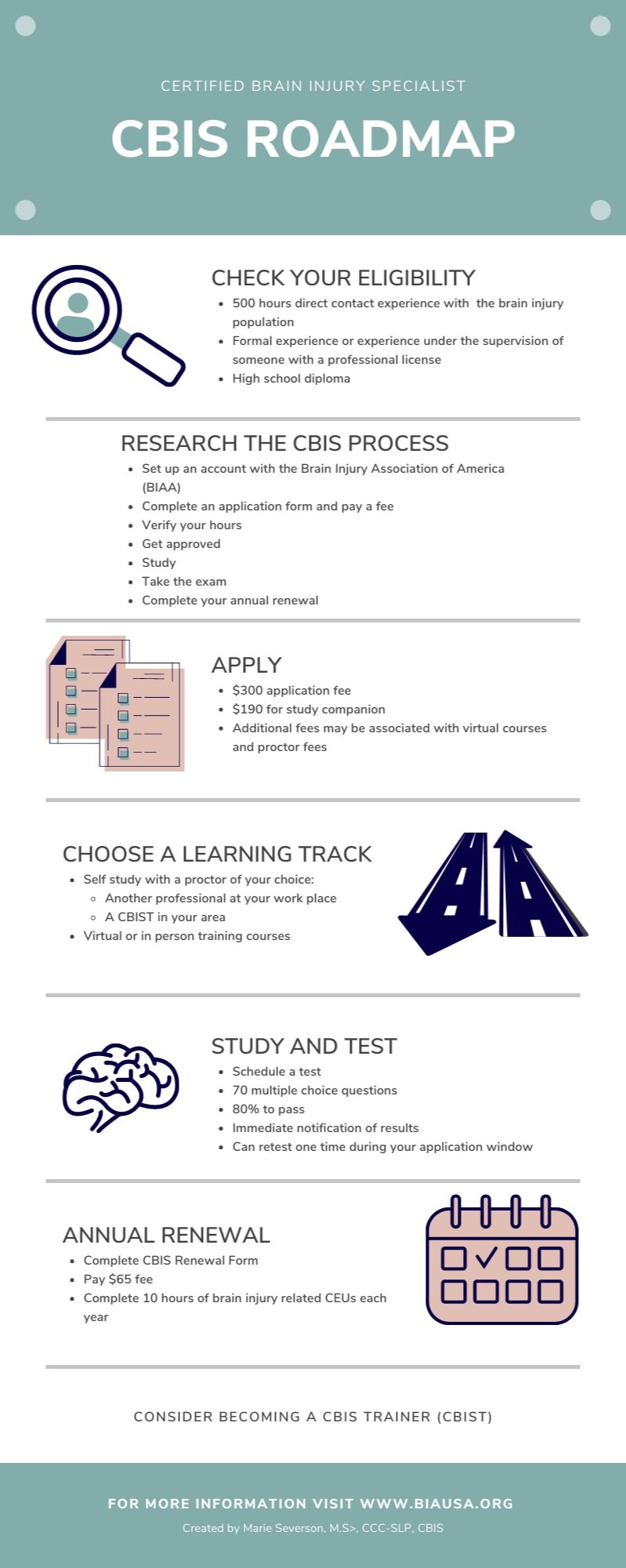Brain Injury 101 and the Role of Certified Brain Injury Specialists (CBIS)
A brain injury occurs with any insult to the brain including:
Falls
Car accidents
Sports accident including "concussions"
Stroke
Domestic violence and child abuse
Infectious disease
Seizures
Tumors
Aneurysms
Drug overdoses
With these injuries, the brain sustains damage which results in alterations in brain function. Brain injuries are acquired which means you are not born with them. Even a small brain injury can cause significant problems to someone's quality of life and independence.
What are the symptoms of a brain injury?
Losing consciousness
Dizziness
Problems with balance
Coma
Weakness or paralysis
Vomiting
Headache
Difficulty speaking or slurred speech
Emotions problems
*It is important to seek medical attention immediate if you are experiencing any of these problems*
Who diagnoses brain injuries?
Physicians or other medical professionals
Testing for brain injury: You may be asked to complete brain imaging called MRI or CT scans to see where and to what extent the injury is affecting your brain. You may also complete cognitive testing or other tests to evaluate your thinking skills.
A speech-language pathologist, or "speech therapist" can also complete evaluations of cognition, speech, language, voice, and swallowing.
At Madison Speech Therapy we use a personalized approach to brain injury evaluation which includes:
Standardized assessments of cognition, language, and speech
Non-standardized assessments
Observation
Interviews
Client and family report
Madison Speech Therapy strives for excellence in brain injury evaluation and treatment. That's why we are Certified Brain Injury Specialists (CBIS). This means our therapists have the following:
Over 500 hundred hours of direct contact experience with individuals with traumatic and non-traumatic brain injury
Completion of a course specific to brain injury
Competence testing in brain injury
>10 hours of dedicated brain injury education courses completed every year
Understand the evidence based approaches to brain injury evaluation and treatment
Advanced skill and training in care partner education
Advanced skills in motivational interviewing
We help our clients with their goals including:
Returning to work
Returning to school
Increasing and maintaining independence
Maintaining social relationships
Advocating for themselves
Understanding community resources
Building confidence!
If you or a loved one are experiencing trouble with independence following a brain injury or stroke, we can help.
If you are a clinician hoping to become a brain injury specialist, check out this "CBIS Road Map" I created and listen to my podcast episode with Speech Uncensored Podcast:

